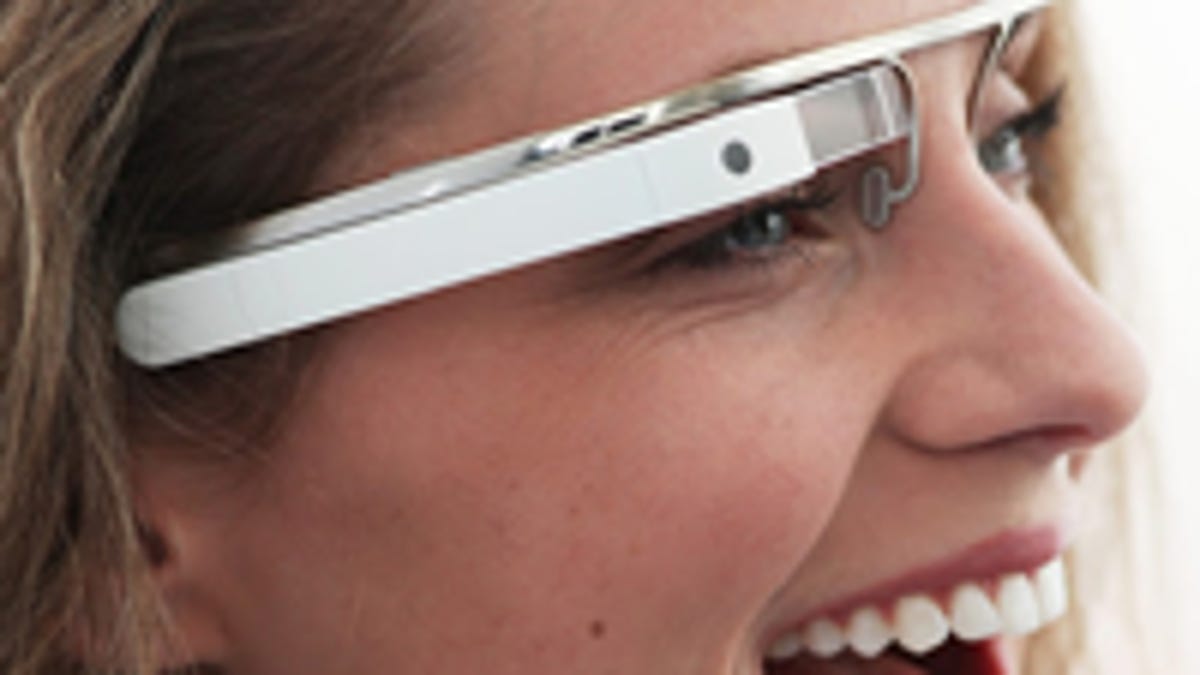Oakley eyeing Google Glass rival
The eyewear maker is building technology that could allow it to create a pair of smart glasses, a la Google's Project Glass.

Oakley may be hoping to out-glass Google with its own brand of eyewear that can display information directly on the lenses.
The company's CEO Colin Baden told Bloomberg that it's creating technology to tie smartphone features into eyewear. The project is still in the experimental stage, and Baden wouldn't confirm if Oakley plans to launch its own such eyewear. But he did reveal a few features he'd like to see in the product.
The eyewear would work on its own to display information but also team up with a smartphone through Bluetooth. The device could even be controlled via voice, similar to Apple's Siri. Such a product would be pricey at first, initially aimed at athletes. But the CEO envisions a similar product for the U.S. military as well.
Baden also told Bloomberg that the market was ripe for this type of smart device and claimed Oakley would edge out its rivals since it could create stylish accessories.
Oakley's smart glasses would bump into one major rival in the form of Google's Project Glass. The search giant recently revealed that it's testing a prototype of glasses designed to stream information into the user's eyes.
A Google video of the futuristic augmented-reality glasses showed the wearer receiving messages and other data in real-time and being able to respond by voice. Walking around the streets and stores of Manhattan, the wearer was also able to access directions, subway schedules, the locations of friends, and other local info.
Questions remain as to whether consumers will want to wear such glasses and how they'll navigate their day with even more data overload. But Oakley's CEO for one seems optimistic.
"As an organization, we've been chasing this beast since 1997," Baden told Bloomberg. "Ultimately, everything happens through your eyes, and the closer we can bring it to your eyes, the quicker the consumer is going to adopt the platform."

